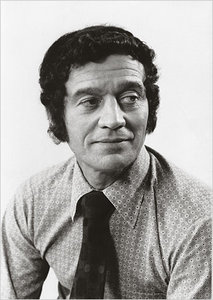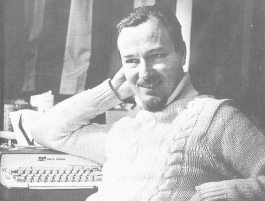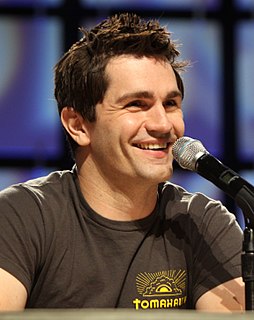A Quote by Kazuo Ishiguro
After all, what can we ever gain in forever looking back and blaming ourselves if our lives have not turned out quite as we might have wished?
Related Quotes
For a great many people, the evening is the most enjoyable part of the day. Perhaps, then, there is something to his advice that I should cease looking back so much, that I should adopt a more positive outlook and try to make the best of what remains of my day. After all, what can we ever gain in forever looking back and blaming ourselves if our lives have not turned out quite as we might have wished?
And we, spectators always, everywhere, looking at, never out of, everything! It fills us. We arrange it. It collapses. We re-arrange it, and collapse ourselves. Who's turned us round like this, so that we always, do what we may, retain the attitude of someone who's departing? Just as he, on the last hill, that shows him all his valley for the last time, will turn and stop and linger, we live our lives, for ever taking leave.
We've been slaves to our tools since the first caveman made the first knife to help him get his supper. After that there was no going back, and we built till our machines were ten million times more powerful than ourselves.
We gave ourselves cars when we might have learned to run; we made airplanes when we might have grown wings; and then the inevitable. We made a machine our God.
Often the deep valleys of our PRESENT will be UNDERSTOOD only by LOOKING BACK on them from the mountains of our FUTURE experience. Often we can’t see the LORD’S HAND in our lives until long after the trials have passed. Often the most difficult times of our lives are ESSENTIAL building blocks that form the FOUNDATION of our CHARACTER and pave the way to FUTURE opportunity, understanding, and happiness.
We exist for ourselves, perhaps, and at times we even have a glimmer of who we are, but in the end we can never be sure, and as our lives go on, we become more and more opaque to ourselves, more and more aware of our own incoherence. No one can cross the boundary into another – for the simple reason that no one can gain access to himself.
When something goes wrong in our lives we often ask ourselves "Who was present?" and if there was ever a singular person that was present in whatever the event was when something changed our lives. If we can't get beyond that event, we become obsessed with it or it changed our life in a way that we can't make sense of. We often seek out that person because that was the last time our lives made sense.
God reminds us again and again that things between He and us are forever fixed. They are the rendezvous points where God declares to us concretely that the debt has been paid, the ledger put away, and that everything we need, in Christ we already possess. This re-convincing produces humility, because we realize that our needs are fulfilled. We don’t have to worry about ourselves anymore. This in turn frees us to stop looking out for what we think we need and liberates us to love our neighbor by looking out for what they need.





































